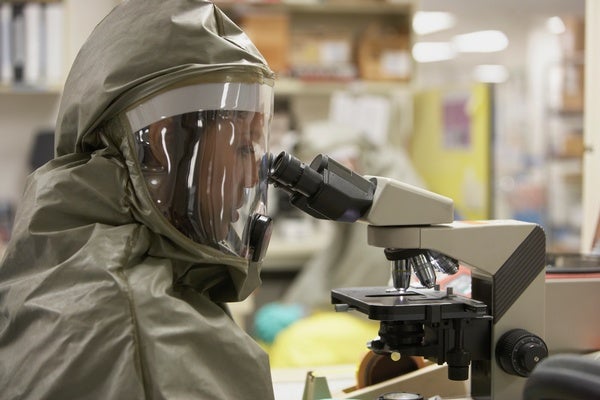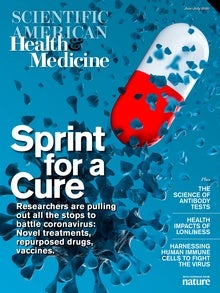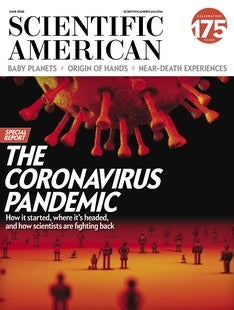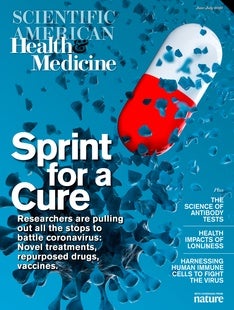 |
| June 09, 2020 |
Dear Reader,
Black scientists are calling for action on racism in society and in science. By using #BlackintheIvory on Twitter, hundreds of Black academics described ways in which they had personally faced prejudice in STEM because of their identity. Many stated ways in which institutions and colleagues, from collaborators to meeting organizers, could support Black scientists. Tomorrow there will be an academic strike in support of the larger movement. The goal is "to hit pause, to give Black academics a break and to give others an opportunity to reflect on their own complicity in anti-Black racism in academia and their local and global communities." Check out our main story to learn more about these initiatives. Also in today's news: Physicians and health experts are calling on police to stop using crowd-control weapons like pepper spray and tear gas during protests because they help spread the coronavirus and increase the severity of COVID-19. Lastly, read our Q&A with a behavioral scientist who explains why you work harder when you get close to achieving a goal. |
| | Sunya Bhutta, Senior Editor, Audience Engagement
@sunyaaa | |
 |
| |
| |
| |
| |
| |
| |
| |
| Arts & Culture Ancient DNA Rewrites Dead Sea Scroll History By sequencing DNA from the dust of dead sea scrolls, scientists were able to glean new clues about the ancient manuscripts. Christopher Intagliata reports. |  | By Christopher Intagliata | 02:40 | | | |
| |
FROM THE STORE
 | | | |
| |
FROM THE ARCHIVE
 | | We Are Never Just Scientists The gender and racial gaps in scientific professions illustrate the need for greater inclusion at all levels By Krista Bywater,Kristy L. Duran,Rukmani Vijayaraghavan,Claire Horner-Devine,Kelly Ramirez,Jane Zelikova | March 2017 | | |
| |
LATEST ISSUES
 |
| |
| Questions? Comments?  | |
| Download the Scientific American App |
| |
| |






















Comments
Post a Comment